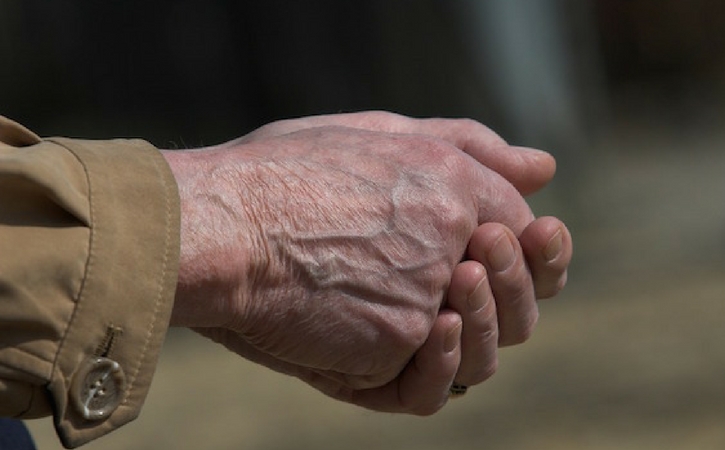Avoiding Senior Isolation

Senior isolation is unfortunately common and only increases as the population grows. Senior isolation causes a decrease in mental and physical health, as well as taking a toll on the energy and overall attitude of an individual and increases the risk of mortality. The best way to prevent senior isolation is to promote social health and connectedness. Here are a few ways to encourage our loved ones and neighbors to stay in their best condition and avoid isolation.
Encourage hearing and vision tests.
If someone is hard of hearing and it’s undiagnosed they may be avoiding social situations due to the difficulty of communication. Some may find it embarrassing to constantly ask what was said or to just pretend they knew what was happening instead of admitting they couldn’t hear. A hearing aid could really help in making them feel connected and a part of a group conversation. A change in their vision could cause the same disconnect, check on these often to prevent isolation before it’s really started.
Secure means of transportation.
If they are unable to drive, set them up with a reliable plan for transportation. Not being able to leave the house will cause a sense of isolation and feeling trapped. Anything that helps seniors get around and make decision on where they need to go and what they need to do develops a sense of independence while being able to interact in the social world.
Connect with a neighbor.
Sometimes neighbors can be the salvation to feeling isolated. A caring neighbor can come and check in on the at risk individual without seeming overbearing. Whether it’s a quick conversation about neighborhood activities, or a dinner, the friendly interaction could give them a feeling of importance. Neighbors can also be the “eye” for when family members aren’t present. If they see a change in behavior they can notify the caregiver or family to make everyone aware of the issues at hand.
Encourage group activities.
For religious individuals, encourage them to continue going to their place of worship. If they have any hobbies or groups they were once in, keep them involved. This sense of community will give them a place to belong to with people who understand them, rather than in the confinements of their own homes. Surround them with people they can identify with.
Senior isolation is extremely common and can affect mental and physical health. If we want to keep our loved ones in the best possible condition, it’s important we take these steps to help them from feeling alone and isolated.





